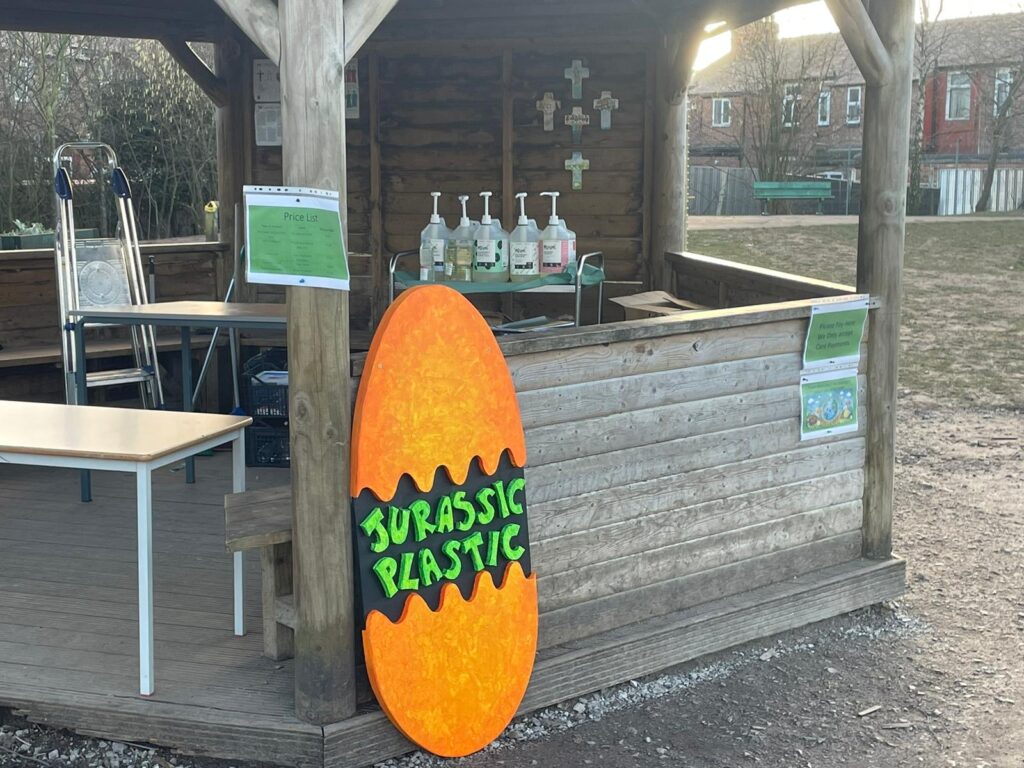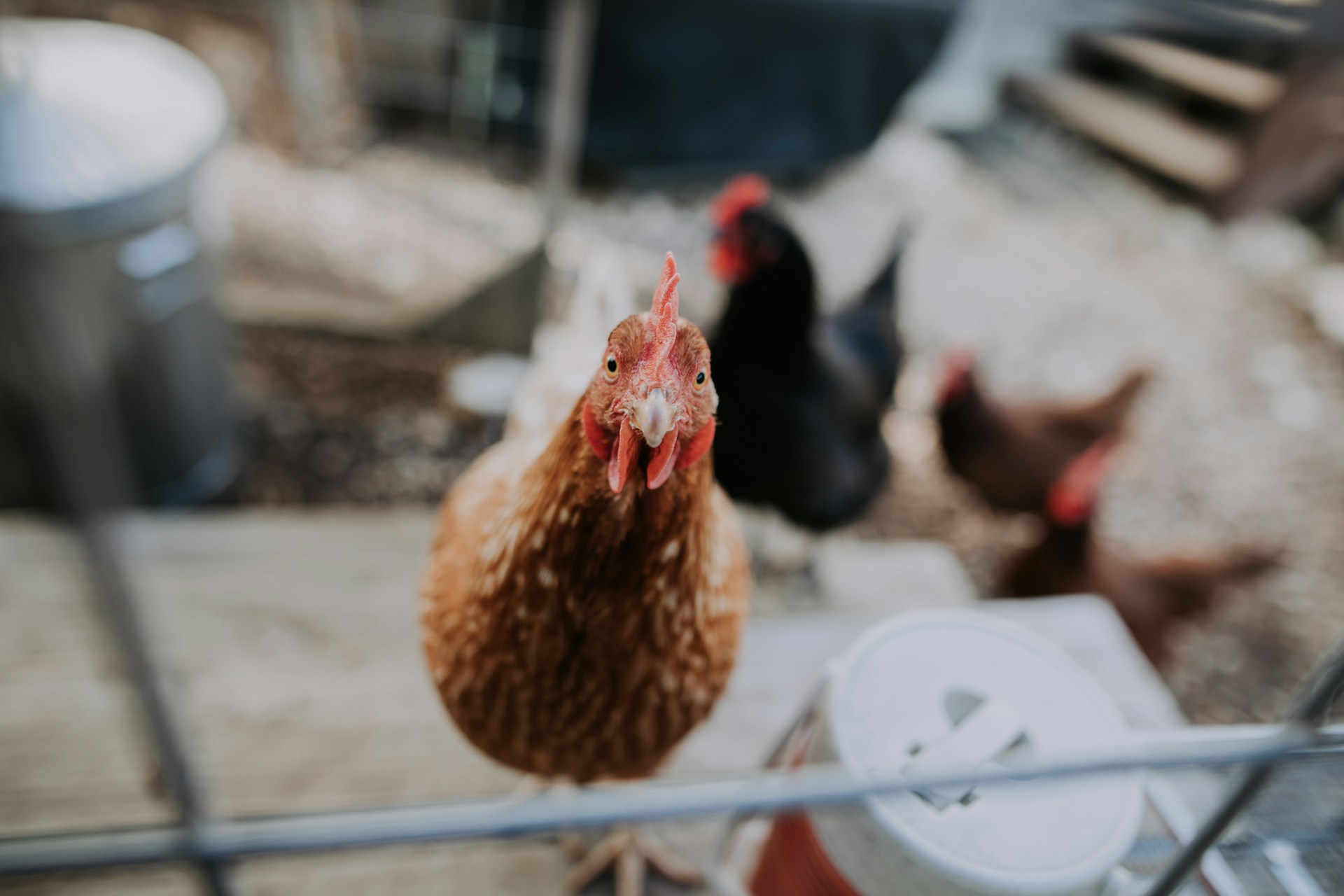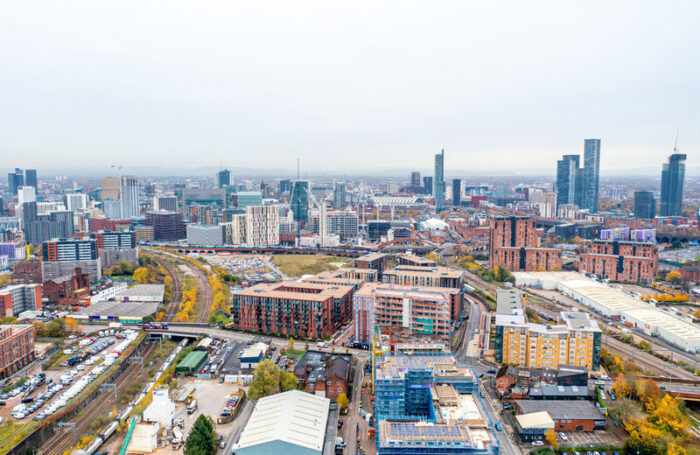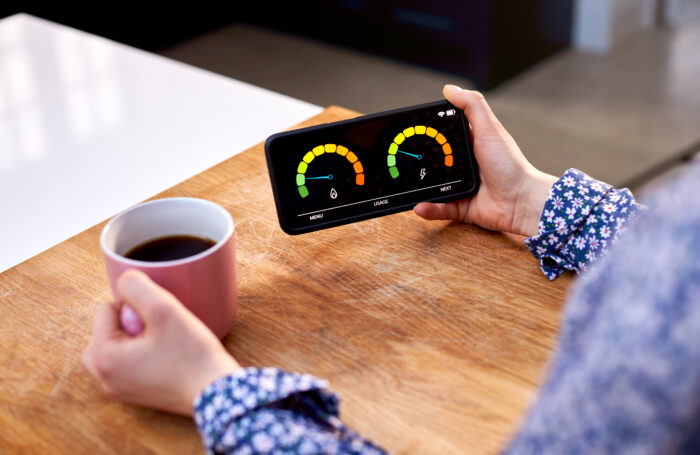Launch of the Eco Grants for Schools Programme
Last year GMCA launched the first Greater Manchester Eco Grants for Schools programme, inviting education establishments, regardless of their size, to apply for funding to launch their own environment projects which will make a positive impact in their school communities.
During the 8-week application process 59 schools submitted their requests for funding. After a rigorous evaluation process, 29 schools were awarded funding.
School Eco Grants – why?
After researching what funding is currently available to schools, uptake, discussing barriers to applying and the success of the School Eco Refill Shop pilot, it was apparent that regional schools would welcome the opportunity to apply for a modest amount of funding to implement their own pupil-led projects through a simple application process.
There were many compelling reasons for introducing the programme, including the need for schools to take individual action which contributes to the Five Year Environment Plan for Greater Manchester environmental ambitions.
Tangible actions within schools will also help deliver on their climate action plans as required by the Government’s Department for Education by September 2025. The DfE provides a ten-point plan detailing how climate actions plans will help schools delivery positive change; three points are clearly aligned to the programme:
- increase the confidence and expertise of your leadership team, staff, learners, and students in understanding climate change and how positive change can be achieved
- create a culture that prioritises sustainability
- help learners develop skills and knowledge which help them to contribute to sustainability and climate change in their lives and future jobs
During the application process we asked for school projects to tackle one or all of the following objectives:
- Waste reduction and circular economy
- Climate education focused on sustainable lifestyles
- Sustainable food and tackling food waste
We also requested that the projects were not one-off events, delivered long-lasting change and wider social environmental benefits.
School projects funded
Twenty-nine schools spanning the region were awarded funding, with the majority of successful applications being from primary schools 21. There are 3 secondary schools and 3 special educational needs schools, 1 pupil referral unit and 1 further education college.
There was a great selection of projects submitted, all displaying an impetus for wanting to implement their own pupil-focused projects, it was apparent that many schools wanted to breathe life into their green spaces and create an allotment for growing fruit and vegetables aiming to address sustainable food and tackle food waste through composting, 17 schools were awarded funding around this theme. Six school projects aimed are aimed at waste reduction and circular economy and a further six addressed climate education focused on sustainable lifestyles.
Here’s a snapshot of some of the projects which we’ll be reporting on over the next 12 months:
Divine Mercy Primary School – Manchester Jurassic Plastic – Making Plastic Waste History
Objective: Waste reduction and circular economy
Closing the loop on our plastic waste. We want to show an alternative to incineration or sending our plastic waste to other countries to be recycled. We want to inspire our children to think circularly by treating plastic waste as a resource. Through the use of small recycling machines, we will demonstrate how we can turn our plastic waste into useful, recyclable products that people can cherish.

Parochial Primary School – Project chickens!
Objective: Sustainable food and tackling food waste
We would like to rehome ex-battery hens to teach our children about the realities of where our food comes from and the responsibility to look after them. We will use the eggs to stock our ‘Parochial Pantry’ which is our school foodbank. A large proportion of our children access free school meals, and we aim to incorporate learning on food waste and reduce the waste we create from our kitchen. The project also supports our mission of ‘preparing children for the future’.
For more information on the Greater Manchester Eco Grants for Schools programme, visit our website: The Greater Manchester Eco Grants For Schools Programme
For information on further resources for schools visit: Schools – GM Green City

Photo credit: Chicken Photo by Christin Hume on Unsplash



